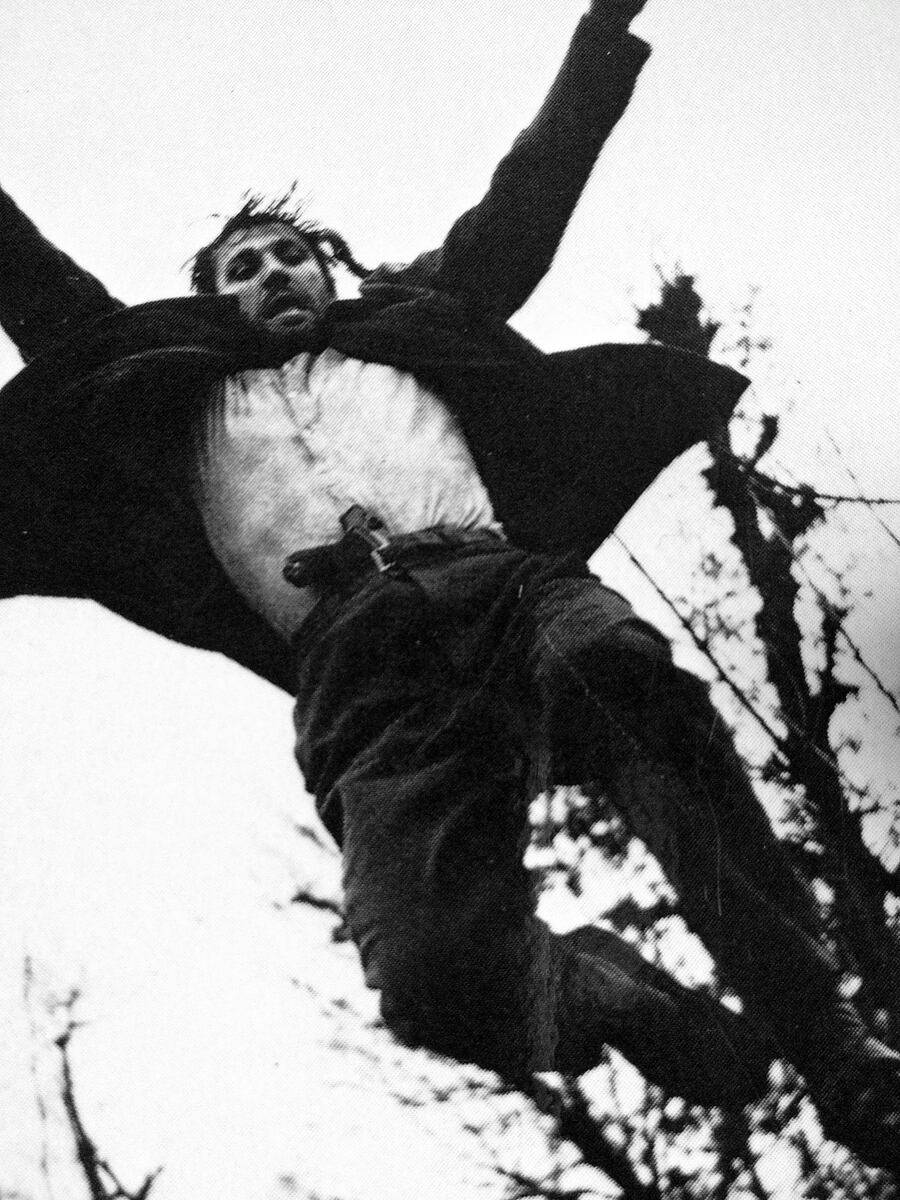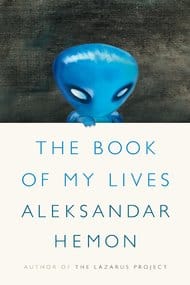Aleksandar Hemon's lives reflect the insecurity of the reader and stay clear of reassuring bulldozers.
Asked to deliver a speech on literature and exile, Roberto Bolaño said that his homeland consisted of his son and his books. Then he added he could not help but recall a poem by Nicanor Parra on the endless dispute about who are the four great poets of Chile: “Chile’s four great poets / are three / Alonso de Ercilla and Rubén Darío.”
Here I talk about these two that are the four great writers of one nation. That is, I talk about Aleksandar Hemon’s latest book, and his lives between Sarajevo and Chicago.
The exile is the highest and most definitive lesson of humbleness – Iosif Brodskij wrote – because readers, statistically, sit on the side of mediocrity: when they read, they read to find themselves, not the striving and vagaries of the exiled. In 1996 I left Sarajevo and moved to Canada for my graduate studies. Aleksandar Hemon was at that point no one I could possibly know. I ended up living in Ottawa, hanging out with Eastern European and ex Yugoslav expats, an incongruous amalgam of exiles, refugees and immigrants, pregnant with stories to tell with a literary talent they could hardly contain. My landlady was relatively happy about my European acquaintances, while she made no secret she would not approve of my spending time with white-anglosaxon Canadians, nor refugees from the Horn of Africa. “It’s good that you go out with people like you” – she told me once, with the tone of someone who intended to give advice that would facilitate my settling. The question of who you are, and the question of who are those who are like you is likely to become a pressing one when you realize you have become an immigrant, and at that point I could well have become one. Aware of this basic fact, after some time I dissimulated my skepticism and asked my landlady if she could elaborate a bit more on that point, on what she meant by that like me. “Oh” – she replied, as if I asked the most obvious thing on earth – “I mean ethnic people.” And, to elucidate beyond any reasonable doubt: “I mean the Greek, the Italian and the Lebanese.” Suddenly my identity insecurity found its Archimedean point, a foundation to hinge upon. Sure, her definition did not include any of those blood-thirsty groups, as they were depicted by mainstream media, that were killing each other in the Balkan ethnic wars, but she had been in Europe once – a grim pilgrimage to see the Virgin Mary in Medjugorje, on the Herzegovinan mountains held by those Croat nationalist militias that were ethnically cleansing the city of Mostar – and that must have been enough for her to appear more reassured about my fate when she saw I began to hang out with those Yugoslavs who spoke English like me, with a thick accent. I remember she was happy to know I once went to a party at the embassy of rump-Yugoslavia.
Reassuring is, in fact, an important word for uprooted lives, one that accompanies the transplant of lives from Yugoslavia into North America. Reassurance for the transplanted – Aleksandar Hemon explains in his latest The Book of My Lives – is about developing routines. Whether it is Chicago, where he was catapulted as the war broke out in Bosnia, where his youth paid its tribute to the desecration of realsocialism cult, or Hamilton, the Canadian city where his parents resettled, it takes time before past lives learn to flow next to new ones, without scaring each other and triggering existentially calamitous chain reactions. And it takes time before the social space of the North American city, which Hemon sees as built around privacy and avoidance, warms up conversation, nurturing acceptance, and making narrative sense of the chapters of discontinuous lives. Of my landing in Ottawa after some time in the Balkans I remember a distinctive sensation, as if chloroform had been used on a mass scale. After so many cities divided by a river ravaged by war, we were now making fun of how local inhabitants would sometimes depict the somnolent Ottawa as a city deeply divided by a river, and how some would go as far as to refer to its Quebec, French-speaking side as an area where to walk with circumspection at night, because the year before a gun had been spotted. Yugoslav friends were sweating out their memories of Bosnia. It is, after all, the eternal story of emigration and distancing from a besieged city, making sense of oneself, of one’s own effort, joy and pain, in a new world.

The Book of my Lives is a collection of memoires or narrative fragments, arranged in rough chronological order. As with several other postmodern authours, much of Hemon’s literary production rides the thin line between the invented and the actual. This time, however, Hemon deals with the tiles of the mosaic of his biography, and he leaves no space for invention. Hemon’s writing is impatient, insufferent vis-à-vis bourgeois babbling, possibly due to the teaching of his professor, with whom reconciliation is revealed to be impossible. The last fragment clinically opens the door onto the suffering and the loss of the author’s own second child, Isabel, to whom the book is dedicated. At the end of such reading, it becomes clear that the abovementioned ‘like you’ is him, and this may sound little reassuring to the reader who believes in control logics. The success of Hemon is perhaps due to the fact that the public that Brodskij saw in search of themselves have become increasingly displaced and exiled themselves. After all, as he wrote, if everything is bound to fail one way or another, we have to agree on the fact that literature is the one form of moral insurance a society has: a permanent antidote against the descent into the law of the jungle. It offers the best argument against any mass solution that targets human beings with bulldozers, if nothing else because human diversity is its subject matter and raison d’être. Simulacra are done away with, and insecurity is accepted.
To go back to Bolaño’s speech, Parra’s poem gives us Rubén Darío and Alonso de Ercilla, who are the four great Chilean poets. In fact what we’ve got is that we don’t have Darío or Ercilla, who were not even born in Chile: we can’t appropriate them, nor can we push them inside borders of self-reassuring national identity: we can read them, which is enough.

Aleksandar Hemon, The Book of My Lives, Farrar Straus & Giroux, 2013.
